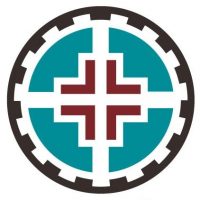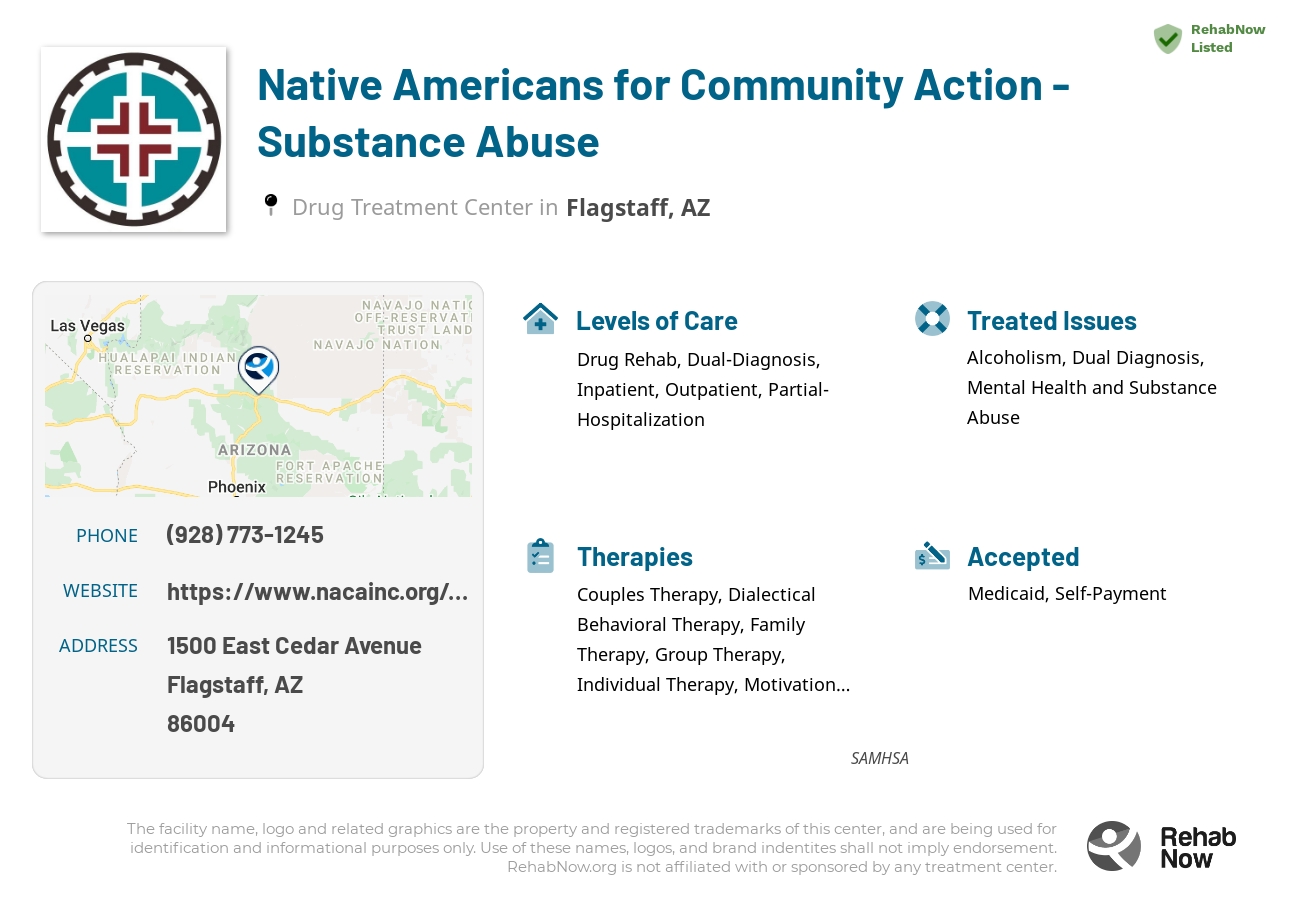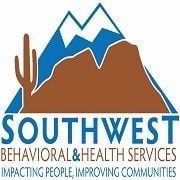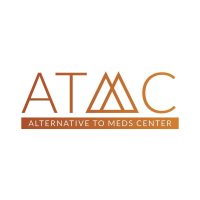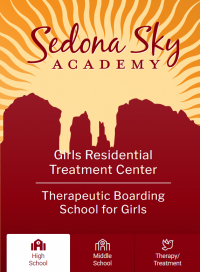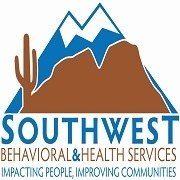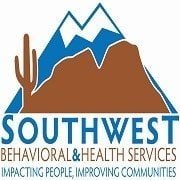Native Americans for Community Action - Substance Abuse
Drug Rehab Center in Flagstaff, Arizona
NACA offers substance abuse treatment services in Flagstaff, Arizona that use various levels of care and methods, such as Dialectical Behavioral Therapy, Rational Emotive Behavior Therapy, Cognitive Behavioral Treatment, and Nicotine Replacement Therapy.
About This Arizona Facility
Native Americans for Community Action – Substance Abuse, located in Flagstaff, Arizona, focuses on outpatient addiction treatment and mental health care specifically tailored for Native Americans. It stands out for its holistic approach, integrating Indigenous values and empowerment into its healthcare services.
- Holistic and Culturally Focused Care: Offers a unique blend of traditional and modern therapies, emphasizing Indigenous values.
- Comprehensive Support Services: Assists with obtaining health insurance, Veterans benefits, and legal issue alleviation.
- Diverse Treatment Programs: Features Talking Circles, relapse prevention, DUI education, and more, catering to a wide range of needs.
Accredited by SAMHSA, this facility is committed to providing high-quality care. It accepts most private insurance plans, including Medicare and Medicaid, and offers self-pay and sliding-scale options, making treatment accessible to more individuals.
Native Americans for Community Action – Substance Abuse treats alcoholism, dual diagnosis, and drug addiction. It employs a variety of treatment methods, including individual and group therapy, and offers multiple levels of care to support clients through every step of their recovery journey.
Genders
Ages
Modality
Additional
Accreditations
SAMHSA
Conditions and Issues Treated
Dual Diagnosis refers to someone who is both dealing with addiction and another mental health issue.
There are different kinds of Dual Diagnosis: A person who simultaneously experiences both a mental illness and an addiction disorder. Or, a person who experiences one or more coexisting (simultaneous) mental health conditions in addition to a primary substance use disorder.
Some conditions that commonly co-occur with addiction include:
- Personality Disorders (Borderline, Narcissistic)
- Mood Disorders (Bipolar Disorder, Depression, Anxiety Disorder)
- PTSD (Post Traumatic Stress Disorder), OCD (Obsessive Compulsive Disorder), ADHD (Attention Deficit Hyperactivity Disorder)
- Schizophrenia, Psychosis, Hallucinations, Delusions
Levels of Care Offered at Native Americans for Community Action - Substance Abuse
This center offers a variety of custom treatment tailored to individual recovery. Currently available are Drug Rehab, Dual-Diagnosis, Inpatient, Outpatient, Partial-Hospitalization, with additional therapies available as listed below.
Individuals who are suffering from severe addiction or have a high risk for dangerous health concerns are often recommended to receive inpatient treatment.
Choosing to enter an inpatient treatment program is beneficial for people who are suffering from severe addiction, or who have a high risk for dangerous health concerns.
Inpatient treatment is beneficial for:
- People who have a history of severe withdrawal.
- People who have attempted to overcome addiction on their own without success.
- People who have a history of relapse, or have recently relapsed.
- People at risk for drug overdose or withdrawal-related complications.
- People with medical conditions that are worsened by drug or alcohol use.
Outpatient treatment programs provide drug and alcohol addiction treatment through individual sessions with a counselor, group therapy, 12-step meetings, and other activities to help individuals gain sober living skills. Most programs are designed for those individuals who have completed a medically supervised detoxification program and provide opportunities for clients to begin the process of early recovery.
Outpatient programs also offer a level of medical support as needed and psychological backing through therapy. Clients are encouraged to live at home, though there may be some flexibility regarding this requirement based on the circumstances and needs of each patient.
Outpatient treatment is perhaps the most common type of dual diagnosis program available. It does not pose a significant financial burden on patients. However, it is essential to note that outpatient treatment does not provide the support and supervision given in residential programs. Some addicts may need this level of support to maintain their sobriety.
Partial Hospitalization Program, or PHP, is a type of drug addiction rehabilitation in the patient’s home. Patients often have to come into Native Americans for Community Action - Substance Abuse for treatment on weekday evenings and weekends. They must also attend an intensive outpatient program at least 9 hours per week while attending PHP. The patient will meet with a counselor or therapist to help them work through their addiction issues. This type of treatment is used for patients who can go out among society but are at risk of relapsing due to continued exposure to drugs or alcohol.
Therapies & Programs
Therapy sessions focused on the individual addict can provide much-needed guidance as they work toward overcoming their addiction. These types of sessions typically involve guidance from a therapist, who will help addicts identify and process their feelings and cravings.
During these sessions, addicts may develop plans for coping with the triggers that typically lead to relapse and learn how to avoid those triggers during their recovery process.
If you are looking for drug recovery, couples therapy can be a great option. This type of therapy can help rebuild trust and joy in relationships that may have been damaged by addiction. It can also help reduce the dysfunctional behavior in a relationship that may trigger addiction. A patient’s partner will be involved in the process. They can also benefit from therapy, especially if they are trying to live with an addict.
The main goal of family therapy for drug addiction is to create an environment where communication can occur without judgment, hostility, or blame that often occurs within a family.
Family therapy is a type of group problem-solving that aims to improve communication and relationships between the patient, their family, and sometimes friends. The therapist is with the family as they learn to communicate with each other differently, especially with the addict when s/he is using.
The family can learn to reduce their enabling behavior or rally together and support each other during tough times. The patient also learns how to deal with their addiction and maintain sobriety while interacting with the family.
Different types of addiction treatment services are available. Within this article, group therapy is of interest due to its high success rate compared to individual therapy. Group therapy settings are beneficial because they allow recovering addicts to build a strong support network.
Benefits of group therapy are:
- Reduces feelings of isolation
- Immediate access to social support in the form of fellow addicts in recovery
- Lowers risk of relapse
- Increases rate of sobriety
- Builds coping skills that can be applied to everyday life
Trauma Therapy is a form of therapy that involves working with a patient to help them process and understand the past trauma(s) in their life. The idea behind it is that while some people can experience traumatic events and not have lasting psychiatric symptoms, many others will. In these cases, memories of the event get hidden from consciousness but continue to influence how the person processes and copes with things in their life. They may avoid situations that resemble what happened or become suddenly angry or irritated to a situation that reminds them of a past event.
With the help of a therapist, people can go back over memories and experiences. This helps them understand why they are having problems coping with certain situations and how they can change how they think and react to things. This therapy is typically done using techniques such as visualization, discussion, and writing down thoughts and feelings.
Trauma therapists will work with clients to help them understand their past and present relationships. Many times, patients may believe that something is inherently wrong with them or that they are unworthy of love. A therapist aims to correct these negative feelings and behaviors by helping the person realize that their actions do not reflect who they truly are.
One of the main goals of trauma therapy is to help clients express their emotions and talk about what they are feeling. This benefits both to increase awareness of how certain events have impacted them in the past and enables patients to realize that they can make changes in their lives.
Dialectical Behavior Therapy is a cognitive-behavioral therapy that helps addicts balance their thoughts and emotions to change their behavior. It was designed for those vulnerable to self-harm and suicidal thoughts and aims to help patients understand the connection between their feelings, emotions, and behaviors. It is effective for those whose addictions and behaviors stem from severe mental health issues.
Cognitive Behavioral Therapy (CBT) is used by drug treatment centers to help addicts comprehend the causes of their substance abuse and the consequences that follow. Through CBT, clients learn to recognize and avoid high-risk situations and cope with challenging situations when they arise.
CBT treatment often includes a combination of individual therapy, group therapy, lectures, and other activities. The treatment’s goal is to help addicts gain self-control and maintain abstinence from drugs and alcohol over the long term so that an addict can get sober and lead a more productive life.
CBT is particularly effective in helping people overcome their drug problems, especially people whose drug abuse is motivated by self-defeating beliefs and emotions.
REBT stands for rational emotional behavior therapy. This type of cognitive-behavioral therapy, or CBT, combines images with thoughts and behaviors to provide deep self-help education in the process of recovery from addiction.
It’s important because it allows one recovering addict to work through their issues on their knowledge they have support if needed.
Rational Emotive Behavioral Therapy (REBT) is based on the idea people operate under many irrational but habitual patterns of thought which fuel harmful practices and feelings. As one learns to identify these destructive patterns, one can replace them with healthier thoughts and behaviors.
Payment Options Accepted
For specific insurance or payment methods please contact us.
Native American Connections Associated Centers
Discover treatment facilities under the same provider.
- Native American Connections Outpatient Clinic in Phoenix, AZ
- Native American Connections - Outpatient in Phoenix, AZ
- Native Americans for Community Action Substance Abuse Services in Flagstaff, AZ
- Native Americans for Community Action - Family Health Center in Flagstaff, AZ
- Native American Connections Guiding Star in Phoenix, AZ
Learn More About Native American Connections Centers
Additional Details
Specifics, location, and helpful extra information.
Flagstaff, Arizona 86004 Phone Number(928) 773-1245 Meta DetailsUpdated April 15, 2024
Staff Verified
Patient Reviews
There are no reviews yet. Be the first one to write one.
Flagstaff, Arizona Addiction Information
Arizona has some of the highest rates of prescription drug abuse in the United States. Methamphetamines, heroin and morphine are among the most commonly abused substances. Prescription pain relievers were prescribed to 348 million people in 2012, enough to medicate every adult in Arizona for 2 full weeks. The number of people with substance use disorders in Arizona has remained relatively constant over the past few years.
Flagstaff, AZ is known for its high rate of drug abuse. More than 15 percent of Flagstaff residents use drugs illegally. The most commonly abused drugs are marijuana, methamphetamine, and prescription drugs. More males use illicit drugs than females, with a ratio of about 3 to 1. The drug treatment process in Flagstaff, AZ can depend on the person's needs. In general, drug rehab will involve detoxification, counseling, and aftercare planning.
Treatment in Nearby Cities
- Sacaton, AZ (148.3 mi.)
- Sahuarita, AZ (228.8 mi.)
- Cornville, AZ (38.6 mi.)
- Kingman, AZ (137.4 mi.)
- Laveen, AZ (132.2 mi.)
Centers near Native Americans for Community Action - Substance Abuse
The facility name, logo and brand are the property and registered trademarks of Native Americans for Community Action - Substance Abuse, and are being used for identification and informational purposes only. Use of these names, logos and brands shall not imply endorsement. RehabNow.org is not affiliated with or sponsored by Native Americans for Community Action - Substance Abuse.
